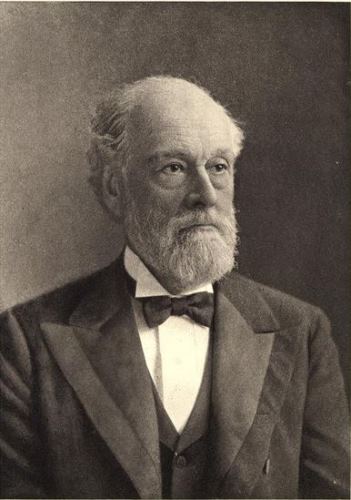On June 12, 1901, the Cuban Constitutional Convention agreed to the terms of the Platt Amendment. Drafted by United States Secretary of War, Elihu Root, the Platt Amendment was a rider appended to the Army Appropriations Bill of 1901 and laid out a series of stipulations by which the United States agreed to end its occupation of Cuba—an occupation that began three years earlier during the Spanish-American War.
The amendment got its name from Orville Platt, the Republican senator from Meriden, Connecticut, who presented it to Congress. Platt was a member of the “Senate Four,” a powerful group of senators known for their influence in Washington political circles.
The stipulations contained in the amendment prohibited Cuba from allowing foreign powers to use the island as a military base. They also forbade Cuba from negotiating treaties with countries that might compromise Cuba’s “independence,” and allowed the United States the right to intervene in Cuban affairs as it saw fit. Of the remaining conditions for American withdrawal, perhaps the one with the most lasting effect on Cuban-American relations was a provision allowing the United States to lease territory in Cuba for use as a naval station. This station ultimately became the American naval base at Guantánamo Bay.
Cuban officials bristled at signing the Platt Amendment due to the influence it gave the United States over the small island’s domestic and international affairs. After several failed attempts to modify the amendment, however, the Cuban Constitutional Convention eventually resigned itself to ratifying it in June of 1901.
American officials later incorporated the amendment into a permanent treaty with Cuba in 1903. In 1934, however, President Franklin Delano Roosevelt’s “Good Neighbor” policy toward Latin America combined with new criticism of the Platt Amendment stemming from a growing tide of Cuban nationalism brought about a repeal of the Platt Amendment. One stipulation remained in effect, however, and that was the continued lease of the naval base at Guantánamo Bay—an issue still helping define Cuban-American relations today.









